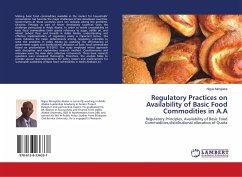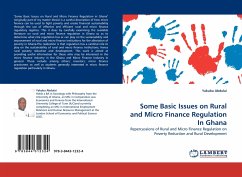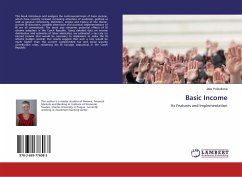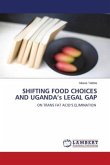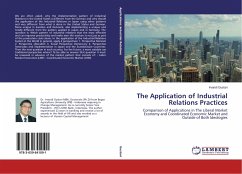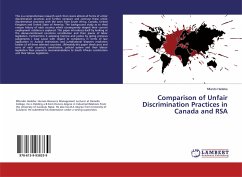Making basic food commodities available in the market for households' consumption has become the major challenges of less developed countries. Governments of these countries were not radically solving the problems. Likewise, Ethiopia as part of fewer developing countries faces the challenge particularly in Addis Ababa. In order to tackle unavailability of basic food commodities (with special reference to sugar, edible oil, and wheat (wheat flour and bread)) in Addis Ababa, understanding and effective implementation of regulatory policy is important. Hence, this book indicates the major determinants among regulatory principles to solve the problems in Addis Ababa by assessing the effectiveness of government supply and distributional allocation of basic food commodities based on proclamation 813/2013. The study employed mixed approach with descriptive and explanatory research method. Questionnaires and interview were the main data collection instruments. Three basic research questions were answered thoroughly. Therefore, the analysis helps to provide special recommendations for policy makers and implementers for sustainable availability of Basic food commodities in Addis Ababa(A.A).
Bitte wählen Sie Ihr Anliegen aus.
Rechnungen
Retourenschein anfordern
Bestellstatus
Storno

